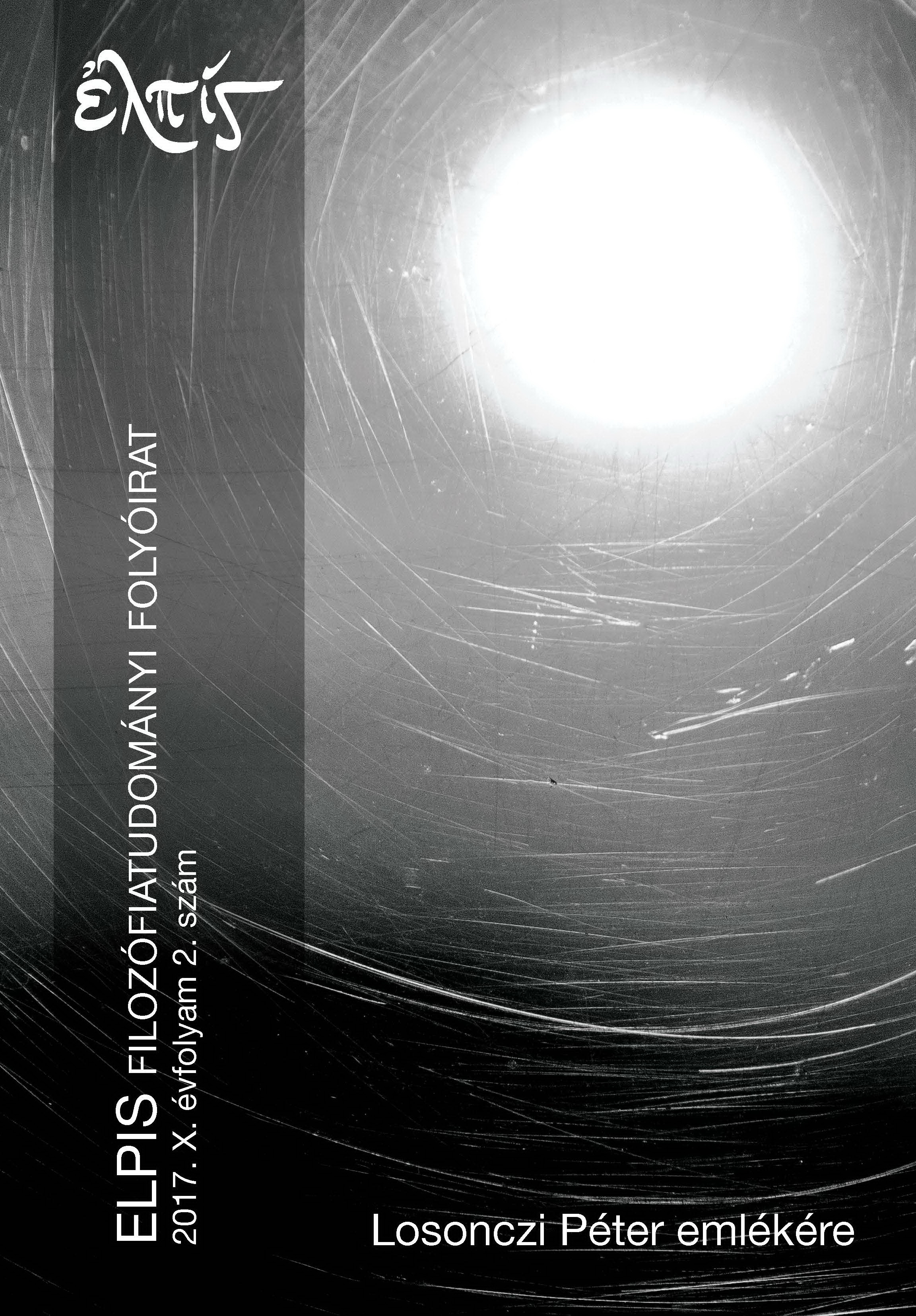The Two Types of Consciousness in Plotinus
DOI:
https://doi.org/10.54310/Elpis.2017.2.7Keywords:
Plotinus, Soul, Theory of Soul, ConsciousnessAbstract
According to Plotinus, the soul is not transparent, that is we are not always aware of all of its contents and activities. One of the chief examples of this approach is his theory of the undescended soul, which says that although the highest part of the soul always contemplates the entire realm of ideas in a non-discursive way, we are rarely conscious of this activity. The aim of this paper is to draw the outline of Plotinus’s approach to consciousness. I argue that he distinguishes between two types of consciousness: empirical consciousness and noetic self-awareness. Empirical consciousness belongs to the lower part of the soul and its function is to integrate its various powers into a unified whole. Noetic self-awareness is a more unified and constant type of consciousness, which pertains to the higher, undescended soul. In my interpretation, the difference between these two types of consciousness is grounded in the different types of metaphysical unity that belong to respective levels of the soul. In other words, consciousness is always related to unity.




